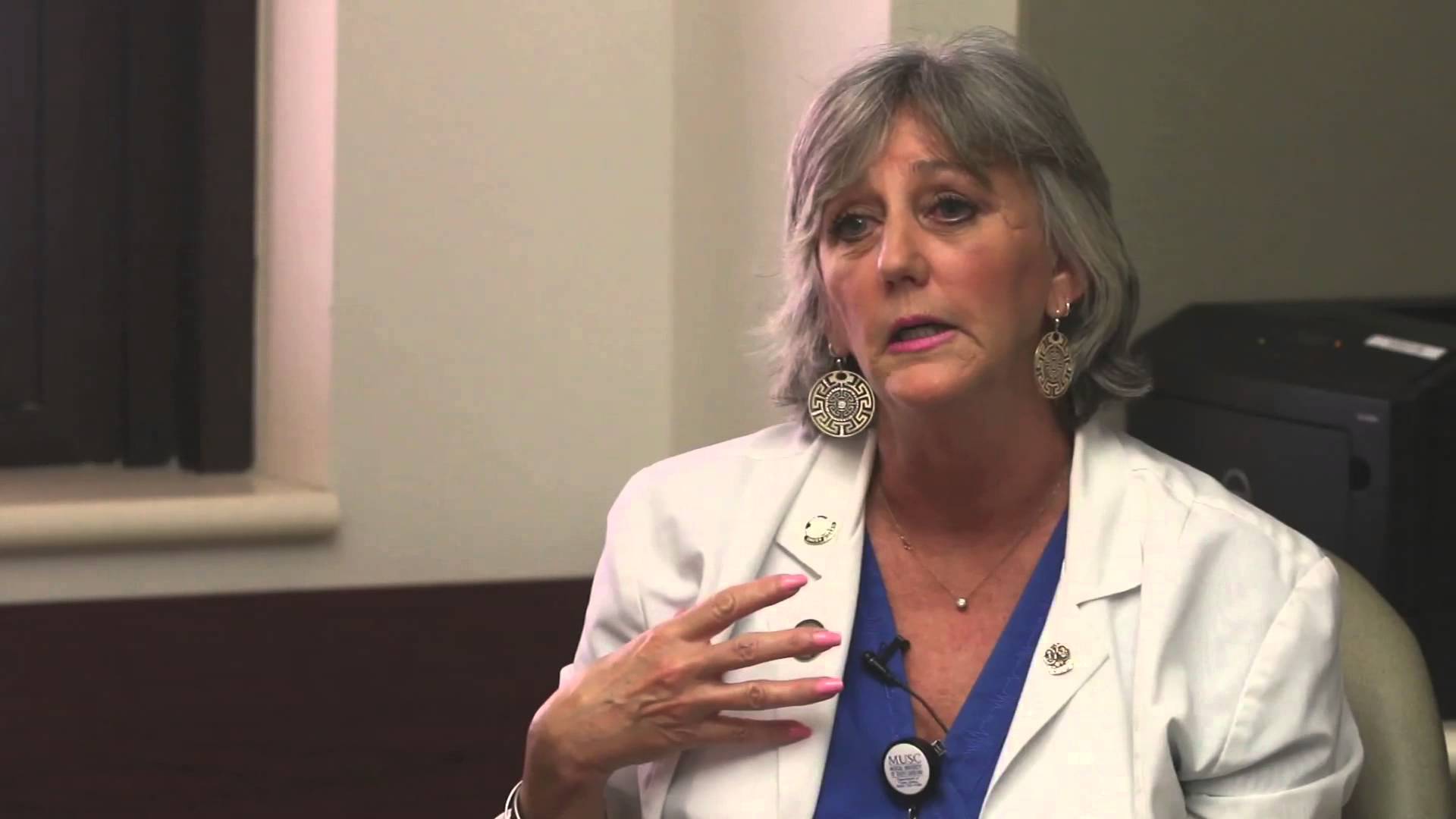Whilst people seek out the professional assistance of psychotherapists in London for a wide range of different issues that are causing challenges in their life, they often misunderstand the effect that trauma can have on all aspects of an individual’s life.
Trauma is a very individual event, and what causes trauma or stress for one person may not impact another. To further complicate the matter the more often a person is exposed to trauma the more likely they are to have long-term effects, but again this will vary from individual to individual. This is evident in people that have served in the military, with all being exposed to horrific conditions with some developing PTSD or Post-traumatic Stress Disorder while others seeming to have little or no changes in their mental health or their behaviours.
Stress and Brain Response
Why traumatic, stressful, or unsettling events are more problematic for some than others is an ongoing issue of study. Many of the best psychotherapistsin London believe there is a connection between the way some brains are hardwired to handle stress that makes them more resilient or more susceptible to trauma.
In studies of the brain, it has been demonstrated that stress, either real physical danger or perceived threats that are not physical in nature, both cause a release of cortisol, a hormone in the hypothalamus. This stress hormone then triggers the responses in the brain and body to fight, flee or freeze. For individuals with resilience to stress, cortisol levels drop off very quickly, while for those that develop PTSD or who have challenges after a traumatic incident the cortisol levels stay elevated for prolonged periods of time.
This research indicates that the development of trauma, stress and PTSD is not a matter of simply putting something in the past or making a rational evaluation of the current situation. It is, in fact, a change in brain chemistry the changes the responses throughout the body, keeping an individual in a state of hypervigilance that is prolonged in natural and also more likely to be retriggered in the future with a lower level of real or perceived threat.
Adults who had a history of trauma and abuse as children, even if largely repressed or not acknowledged, may experience additional stress and trauma as an adult. This includes children who lived in an unstable home, were suddenly separated from a parent, experienced the death of an important person in their life, experienced bullying or were in a home where they experienced abuse or witnessed abuse.
Signs of Trauma
A great number of individuals who have experienced a single traumatic event or multiple events, either real or perceived, don’t link the experience to the symptoms they are experiencing.
They may assume it is a medical issue, or they may seek the help of psychotherapists in London for another mental health issue such as anxiety or depression. It will be up to the therapist, using different treatment modalities, to trace back the issue and begin to work with the client on treatment for the trauma.
The most common signs of trauma can be seen shortly after or even significantly after a traumatic event. These include:
- Confusion and problems in concentration
- Anger and irritability that is unusual or random in nature
- Self-blame or guilt
- Sadness, grief and feelings of being isolated or alone
- Low self-esteem
- Lack of ability to have positive emotional experience or to respond appropriately to negative events
- Sleep problems including nightmares
- Flashbacks of the event
- Extreme responses to sudden movements or unexpected things
- Physical and mental exhaustion
- Lack of ability to relate to others
- Increased risk of self-medication with illegal or prescription drugs or alcohol
The signs or symptoms of trauma can become chronic, and are often confused with depression or anxiety. Seeking the help of psychotherapists in London with a background in treating PTSD and trauma can help give you your life back.
Integrative Approaches
There are many different treatment options that psychotherapists in London may use for any patient. These can include traditional types of therapy such as cognitive behavioural therapy (CBT), also known as talk therapy. Other options that are highly effective including integrating art therapy, which allows expression of deeply held emotions and thoughts that can then be explored in a safe, confidential and supportive environment to help reframe the trauma to move forward.



Leave a Reply
You must be logged in to post a comment.